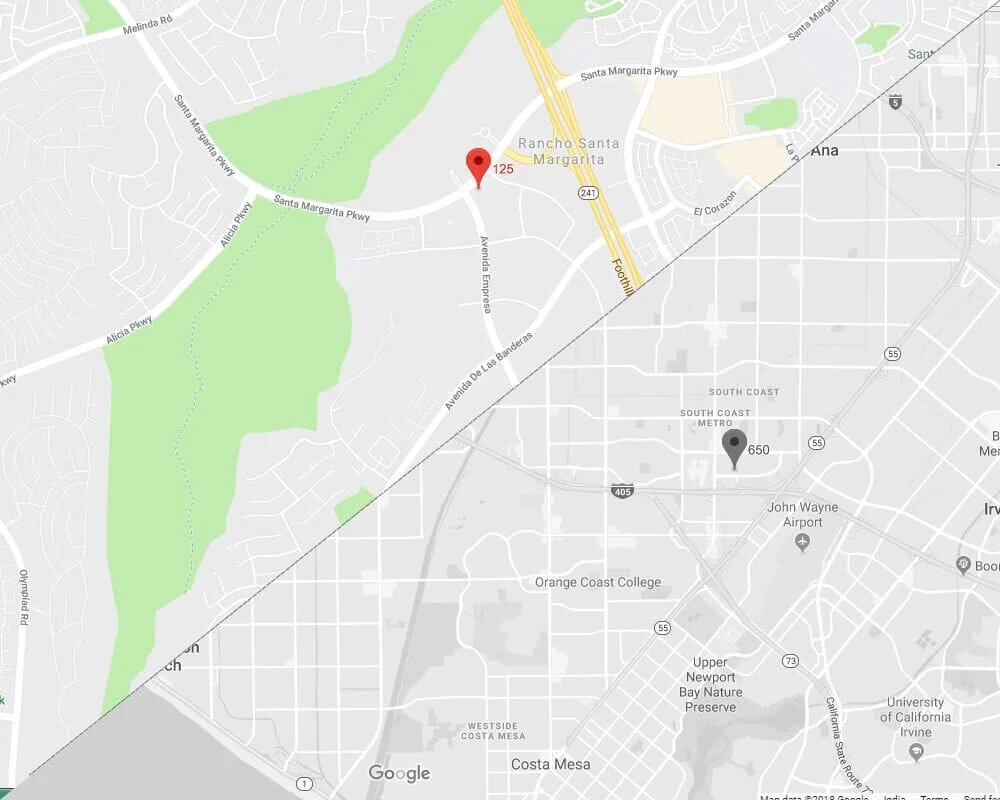
How California Increases Penalties For Each Additional DUI Charge
Impaired driving is a common reason people get arrested. Some drunk or drugged driving arrests occur after someone causes a crash that results in property damage or injury. However, quite a few driving under the influence (DUI) charges are victimless and result from traffic stops rather than collisions.
Given that they don’t cause injury or damage to others, traffic stop-based DUI charges might seem less serious than other criminal charges. An officer merely has reason to believe that their blood alcohol concentration was above the legal limit of 0.08%.
While the penalties associated with a technical DUI are lower than the charges and penalties involved when a driver hurts someone or damages their property, they can still change the course of your life. That is especially true for a second, third or subsequent DUI charge, as the penalties increase with each conviction.
How does California punish a DUI charge?
The first time someone faces DUI charges, the charge will be a misdemeanor. The penalties include up to 48 hours in prison, $390 in fines, and six months of license suspension. Anyone convicted of a DUI will also have to complete mandatory substance use disorder education.
For a second offense within 10 years, the penalties increase. Someone could go to jail for 96 hours, face three years of probation, and loss of their license for two years. A third or subsequent offense can lead to 120 hours in jail and three years of license suspension.
The threat of increasing penalties is a strong reason to defend yourself
If you compare the penalties for a first offense with a third offense, a first-time DUI may not worry you very much. However, once you have that arrest on your record, you will be at risk for future arrests with higher penalties for a decade.
Defending yourself against a first DUI conviction will mean that you don’t face increased penalties if you ever get arrested again. Instead, you will only face the first-time consequences. The same is true of those who have gone more than 10 years since a DUI offense. Those with a previous DUI on their record face will likely want to aggressively defend themselves to avoid the loss of their freedom and their license.
Learn More About What We Can Do To Help
We invite you to call us at 949-459-5900 to schedule your free initial consultation. You can also reach our firm by contacting us online.
Tell Us About Your Case
Each time we take a case, we look at the big picture: What can we do to best help solve the problem as efficiently as possible. We use our experience and creativity to propose solutions that allow you to put your legal matters behind you.
© 2025 Brown & Stedman LLP. All rights reserved.
